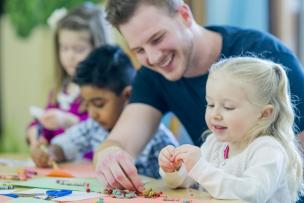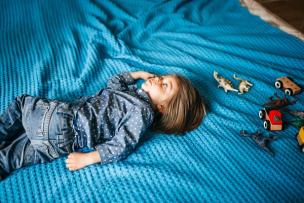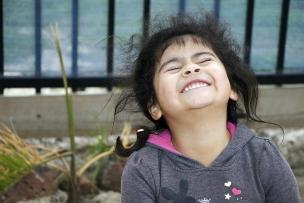
Question: In the afternoons at OSHC, the room always feels much louder than it should. Can you suggest some strategies to help with the noise?
Answer: Managing noise in OSHC can be difficult, especially after school when children need an outlet for their energy. Strategies to improve the environment could make a real difference.

Question: What do your transitions from before school care to school look like in the mornings?
Answer: Bright vests, transport logs, strong teacher relationships and wet weather plans!

Question: How can we collaborate with families to set realistic goals for children?
Answer: Through clear communication with families, educators can align learning strategies with children’s interests, abilities and expectations, ensuring all parties are working towards shared and achievable outcomes that support each child’s overall development

Question: Do all children need to have a rest time?
Answer: The simple answer is no, but you must meet each child’s daily need for sleep, rest and relaxation while respecting the wishes of their family

Question: As a single-educator OSHC coordinator with limited time and a small group of children, how can I keep programs vibrant and responsive with fewer children’s interests to springboard from, and no immediate colleagues to bounce ideas off?
Answer: Listen to families, lean on your peers, and utilise existing resources.

Question: In light of the new Child Safe Standards, is showing physical affection towards children still appropriate in services?
Answer: Physical affection is appropriate when children are empowered to communicate their consent.

Question: Is superhero play really OK? Sometimes it can be rough and the costumes can cause problems with toileting and overheating.
Answer: Yes, let’s support superhero play!

Question: How do I highlight children’s voices authentically in my documentation?
Answer: Talk with and observe the children

